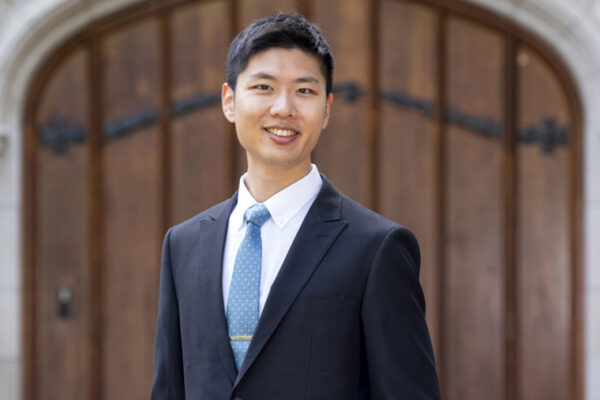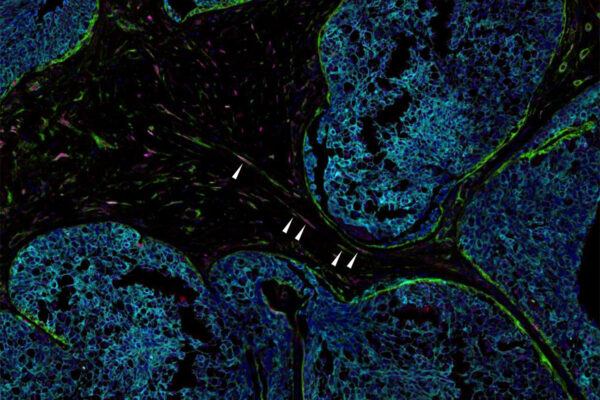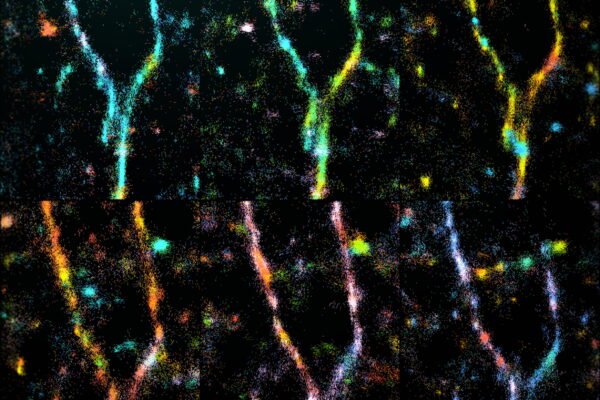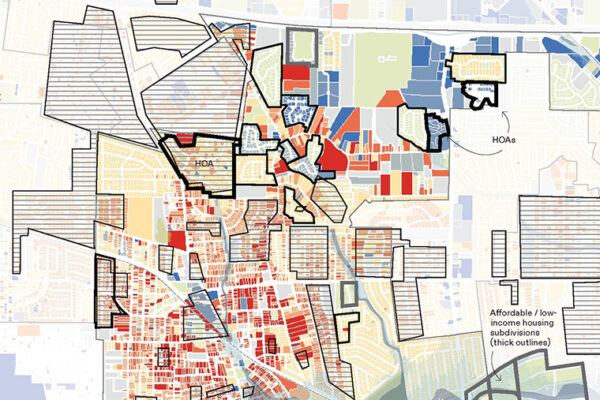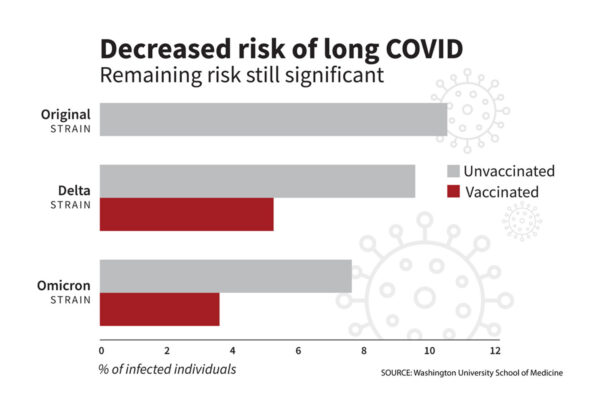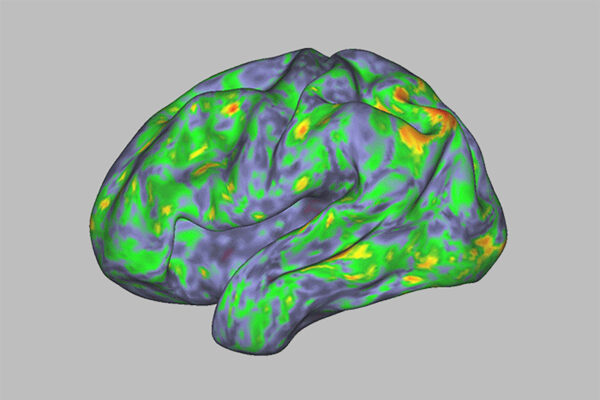Liu recieves prestigious Roberts Fellowship
Gary Liu, a graduate student at the WashU School of Law, received a prestigious Roberts Fellowship from the Eisenhower Institute, which includes a $10,000 award to support research and educational costs.
Eliminating senescent cells could help treat breast, pancreatic cancers
Two studies from Washington University School of Medicine in St. Louis focused on breast cancer and pancreatic cancer suggest that specific types of senescent cells — cells that have stopped dividing and drive inflammation — may play important roles in suppressing the immune system and allowing such tumors to grow unchecked.
WashU researchers shine light on amyloid architecture
Researchers at Washington University in St. Louis have used microscopy to chart amyloid beta’s underlying structure and yield insight into neurodegenerative disease.
Jackson appointed associate dean for scholar programs
Phyllis Jackson has assumed the role of associate dean for the Office of Scholar Programs, according to Anna Gonzalez, vice chancellor for student affairs. Her appointment took effect July 1.
‘Molecular putty’ properties found encoded in protein sequence for biomolecular condensates
Scientists at the McKelvey School of Engineering at Washington University in St. Louis sort the rules governing putty-like biomolecular condensates.
The infrastructure of fragmentation
In “Radical Atlas of Ferguson USA,” Patty Heyda charts the forces that have shaped Ferguson and other first-ring American suburbs since the early 1980s. Tax incentives, housing codes, roadways, policing, philanthropy, even landscaping — all can work against the fundamental betterment of residents’ lives.
High stress during pregnancy linked to elevated cortisol in toddlers’ hair, study finds
A study conducted by Theresa Gildner, an assistant professor of biological anthropology in Arts & Sciences, suggests that prenatal depression can having a lasting impact on the mother’s child, influencing how he or she responds to stress.
Risk of long COVID declined over course of pandemic
The risk of developing long COVID has decreased significantly over the course of the COVID-19 pandemic, primarily due to vaccination, according to a new analysis led by School of Medicine researchers.
Brain on psilocybin: study reveals psychedelic’s deep neural impact
A School of Medicine brain-imaging study on the effects of psilocybin, the active compound in magic mushrooms, provides a neurobiological explanation for the drug’s mind-bending effects.
Artificial intelligence meets cartography
Engineering students at Washington University have developed an artificial intelligence tool for generating satellite images via text prompts and presented their work at a recent conference.
View More Stories
